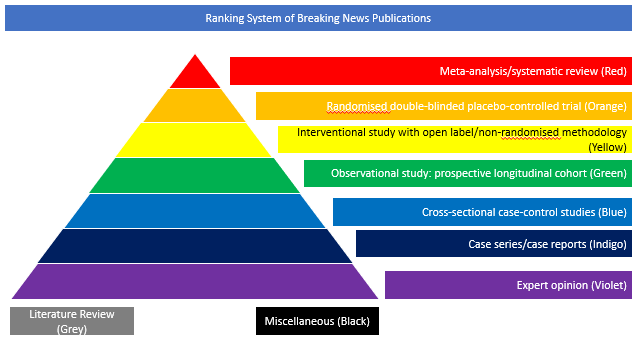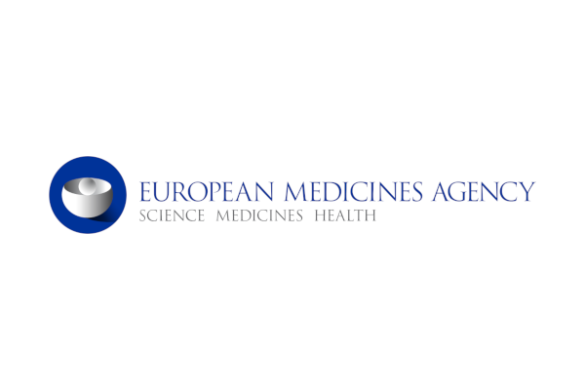Case series/case reports (Indigo)
The objective of this population based cohort study was to characterise the symptoms of COVID-19 in Iceland. All individuals who tested positive for SARS-CoV-2 by RT-PCR between 17 March and 30 April 2020 were included. Cases were identified by three testing strategies: targeted testing guided by clinical suspicion, open invitation population screening based on self-referral, and random population screening. All identified cases were enrolled in a telehealth monitoring service, and symptoms were systematically monitored from diagnosis to recovery. The occurrence of one or more of 19 predefined symptoms during follow-up represented the main outcome. Among 1564 people positive for SARS-CoV-2, the most common presenting symptoms were myalgia (55%), headache (51%), and non-productive cough (49%). At the time of diagnosis, 83 (5.3%) individuals reported no symptoms, of whom 49 (59%) remained asymptomatic during follow-up. At diagnosis, 216 (14%) and 349 (22%) people did not meet the case definition of the Centres for Disease Control and Prevention and the World Health Organization, respectively. Most (67%) of the SARS-CoV-2-positive patients had mild symptoms throughout the course of their disease. In the setting of broad access to RT-PCR testing, most people who were SARS-CoV-2-positive were found to have mild symptoms. Fever and dyspnoea were less common than previously reported. A substantial proportion of SARS-CoV-2-positive people did not meet recommended case definitions at the time of diagnosis.
doi: https://doi.org/10.1136/bmj.m4529








